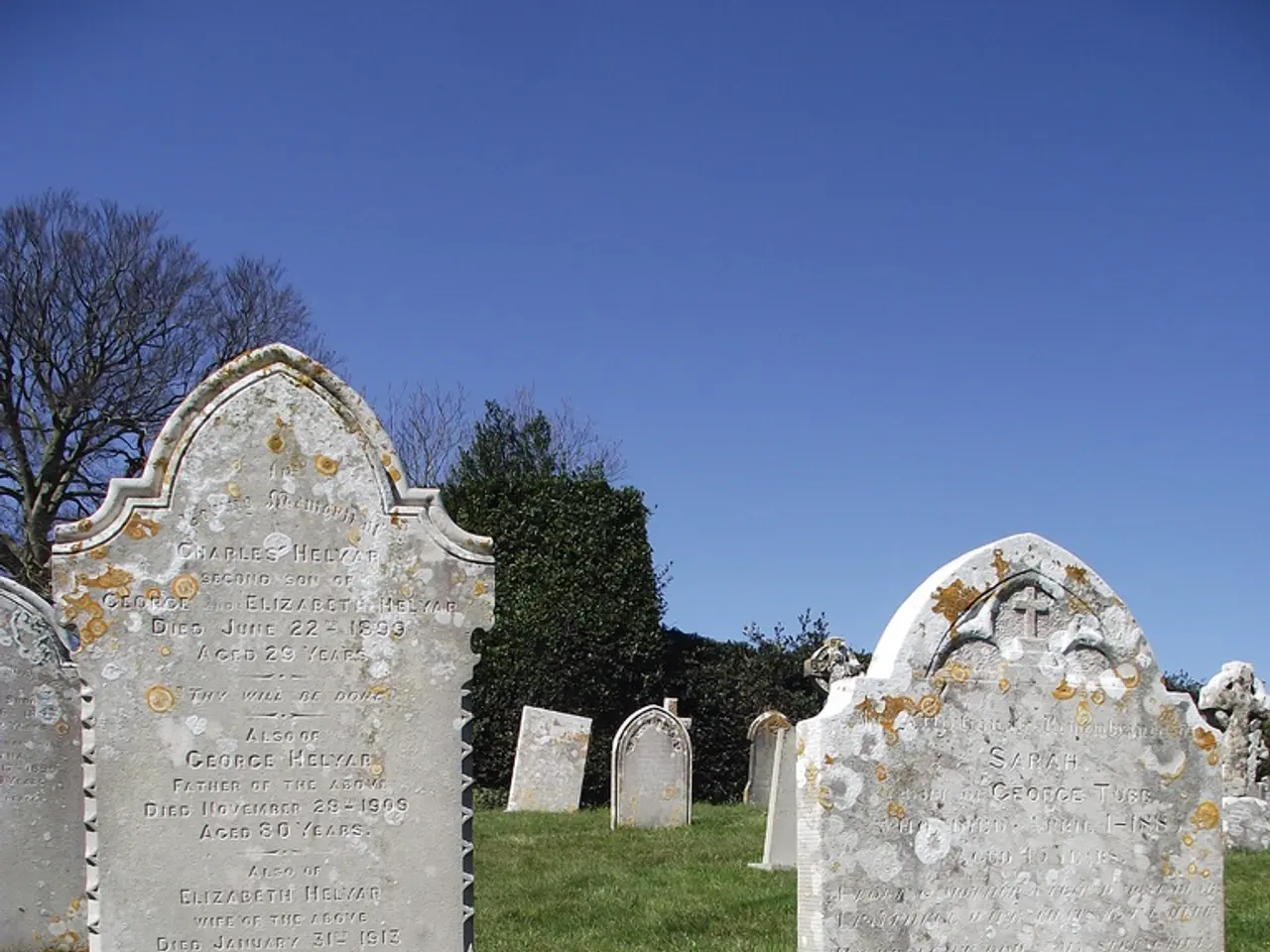Washington D.C. Files $300 Million Lawsuit Challenging 300-Year-Old Gaming Regulation
In the United States, the centuries-old British Statute of Anne is causing ripples in the legal sports betting landscape. This 300-year-old law, originally intended to discourage gambling, now provides a basis for lawsuits where bettors can sue gambling operators to recover losses exceeding a certain amount, potentially tripled under local loss-recovery laws.
This ancient law, passed in early 1700s Britain, made losing more than $25 in a game of chance unlawful and enabled the recovery of losses through civil actions. Some U.S. states, including Washington D.C., have incorporated similar laws, interpreting the Statute of Anne or its analogs as grounds for third-party lawsuits against sports betting companies.
In Washington D.C., an anonymous group of lawyers filed a lawsuit seeking hundreds of millions of dollars in recovery based on this statute. They argue that bettors who lost over $25 could sue sportsbooks for their losses, potentially tripled under local loss-recovery laws. Similar lawsuits are pending in Illinois, Massachusetts, South Carolina, Ohio, and Kentucky, all filed by anti-gambling advocates.
However, the application of such a centuries-old law to today’s lawful and heavily regulated sports betting is being challenged. Legal operators and local governments argue that this undermines state policies designed to generate tax revenue and regulate the industry responsibly. For example, in D.C., the city council proactively amended its budget to exempt legalized sports betting operators from the Statute of Anne’s loss-recovery provisions, effectively nullifying the ongoing lawsuit and protecting the industry’s financial viability.
The question of whether the Statute of Anne offers a legitimate consumer protection mechanism may not be answered in D.C., but it might find a new life in other states where similar lawsuits are pending. If the provision passes when the D.C. Council votes, it would effectively invalidate the ongoing lawsuit against major sports betting companies like Caesars, FanDuel, DraftKings, BetMGM, and Fanatics, who are being sued by DC Gambling Recovery LLC under the District's version of the law.
Critics argue that the move is a covert bailout of legal online sportsbooks, shielding them from potential legal consequences. The enduring presence of the Statute of Anne’s principles in local laws has led to a string of lawsuits targeting these major sports betting operators. Courts have sometimes upheld these penalties, like in Kentucky where the state won a $300 million judgment, but the legal landscape remains contentious as jurisdictions seek to balance gamblers’ rights to recovery with the stability of the sports betting market.
In summary, the Statute of Anne influences U.S. legal sports betting by providing a historical legal basis for loss-recovery lawsuits against sportsbooks, but it is increasingly challenged as incompatible with contemporary regulatory frameworks and economic interests in legalized gambling. The future of this law in the U.S. remains uncertain, with ongoing court battles and legislative debates shaping the future of sports betting regulations.
- Despite some states incorporating similar laws to the centuries-old British Statute of Anne for lawsuits against sports betting companies, the use of this law in today's regulated sports betting landscape is being challenged.
- Courts have at times upheld penalties against major sports betting operators based on the Statute of Anne, as seen in Kentucky, but the legal implications remain contentious due to balancing gamblers' rights to recovery with the stability of the sports betting market.
- In the case of Washington D.C., the city council proactively amended its budget to protect legalized sports betting operators from loss-recovery provisions under the Statute of Anne, potentially nullifying a pending lawsuit against major operators like Caesars, FanDuel, DraftKings, BetMGM, and Fanatics.
- The Statute of Anne, though providing a historical legal basis for loss-recovery lawsuits in sports betting, is increasingly questioned for being incompatible with modern regulatory frameworks and economic interests in legalized gambling.






